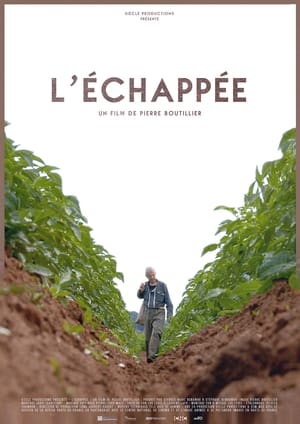
Maya Land: Listening to the Bees(NaN)
A story about the environmental conflict between GM soy growers and Maya Beekeepers in the Yucatán Peninsula of Mexico. It reflects on what the environment and economy could look like if bee health was considered as a criterion of sustainable development. The film explores the pre-colonial and ongoing relationship between Maya people and their environment, in particular the milpa agricultural system (and its main crop, maize), sacred sinkholes (called cenotes), and sacred stingless bees, the Melipona.
Movie: Maya Land: Listening to the Bees

Maya Land: Listening to the Bees
HomePage
Overview
A story about the environmental conflict between GM soy growers and Maya Beekeepers in the Yucatán Peninsula of Mexico. It reflects on what the environment and economy could look like if bee health was considered as a criterion of sustainable development. The film explores the pre-colonial and ongoing relationship between Maya people and their environment, in particular the milpa agricultural system (and its main crop, maize), sacred sinkholes (called cenotes), and sacred stingless bees, the Melipona.
Release Date
Average
0
Rating:
0.0 startsTagline
Genres
Languages:
EnglishEspañolKeywords
Similar Movies
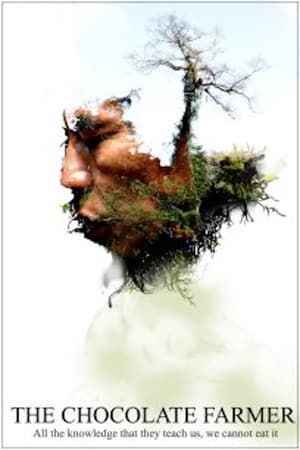 7.0
7.0The Chocolate Farmer(en)
For ancient Mayans, cocoa was as good as gold. For subsistence farmer Eladio Pop, his cocoa crops are the only riches he has to support his wife and 15 children. As he wields his machete with ease, slicing a path to his cocoa trees, the small jungle plot he cultivates in southern Belize remains pristine and wild. His dreams for his children to inherit the land and the traditions of their Mayan ancestors present a familiar challenge. The kids feel their father's philosophies don't fit into a global economy, so they're charting their own course. Rohan Fernando's direction tenderly displays a generational shift, causalities of progress in modern times and a man valiantly protecting an endangered culture. Breathtaking vistas of lush rainforests contrast with the urban dystopia that pulled Pops children away from him. Will one child return to carry on a waning way of life
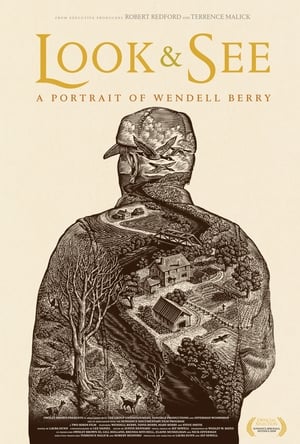 6.7
6.7Look & See: A Portrait of Wendell Berry(en)
A cinematic portrait of farmer and writer Wendell Berry. Through his eyes, we see both the changing landscapes of rural America in the era of industrial agriculture and the redemptive beauty in taking the unworn path.
 5.6
5.6Douce France(fr)
Amina, Sami and Jennyfer are high school students in the Paris suburbs, in 93. At the initiative of 3 of their teachers, they embark on an unexpected investigation into a gigantic leisure park project which involves concreting agricultural land near their homes. But can we have the power to act on a territory when we are 17 years old? Funny and intrepid, these new citizens take us to meet residents of their neighborhood, property developers, farmers and even elected officials of the National Assembly. A joyful quest that challenges conventional wisdom and revives our connection to the land!
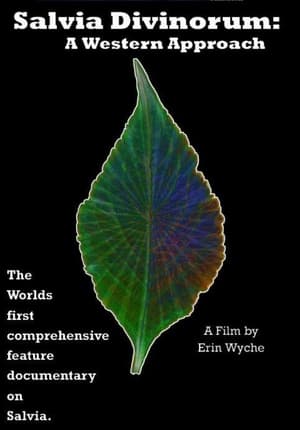 0.0
0.0Salvia Divinorum: A Western Approach(en)
Salvia Divinorum is an often misunderstood and powerful psychedelic plant used by the Mazatec shamans in southern Mexico for centuries. This entheogen's mysteries are thoroughly explored, by Director Erin Wyche, from an American view point.
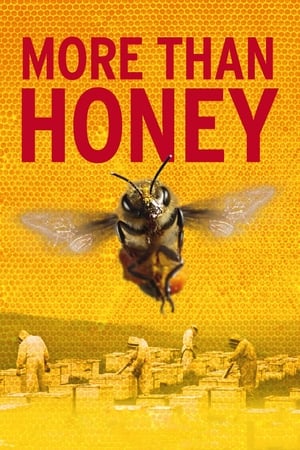 7.2
7.2More Than Honey(de)
With dazzling nature photography, Academy Award®–nominated director Markus Imhoof (The Boat Is Full) takes a global examination of endangered honeybees — spanning California, Switzerland, China and Australia — more ambitious than any previous work on the topic.
 0.0
0.0The Barn is Burning(en)
After a devastating fire ravages a milking parlor, a family and its community rally together. This short documentary showcases a journey of resilience, as a family farm rises from the ashes into a new era of cutting-edge robotic technology. The film explores the innovation in modern agriculture, shedding light on the strength of farming communities and the power of perseverance in the face of adversity.
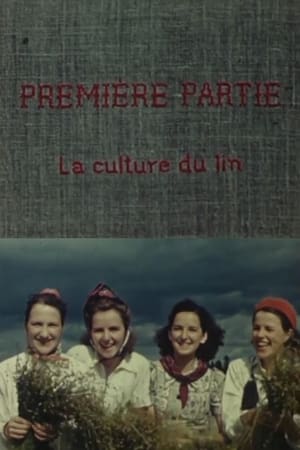 0.0
0.0Flax from Canada - Part One: Growing Flax(fr)
The cultivation of flax, long and complicated, requires constant precautions and care. This document describes the different stages of this culture, from tillage and fertilization of the soil to uprooting, retting, braying, stacking, retting and, finally, shipping to the factory.
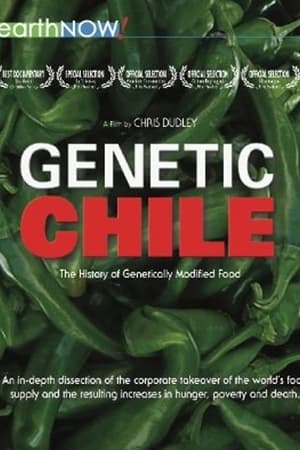 0.0
0.0Genetic Chile(en)
A look at the world of genetically modified foods through the lens of New Mexico's iconic chile pepper. The Chile pepper defines New Mexican cuisine and is considered a sacred plant by many cultures. Despite overwhelming evidence of gene flow, persistent safety questions, predatory multinational agribusiness corporations and potential economic damage, the State of New Mexico funded research to produce a GMO chile. It was the first time a state government directly targeted a crop for genetic modification. Because the funding is public, we were able to force a rare interview with a genetic researcher at NMSU. This film is packed with information about the harmful use of GMO technology and the ignorance shown by the proponents of GMO crops.
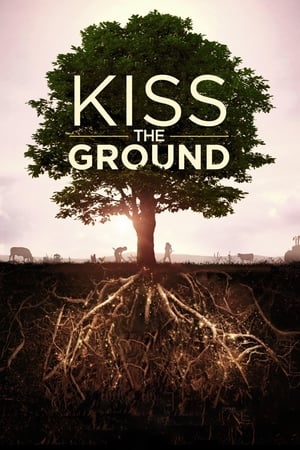 7.7
7.7Kiss the Ground(en)
Sheds light on an alternative approach to farming called “regenerative agriculture” that could balance our climate, replenish our vast water supplies, and feed the world.
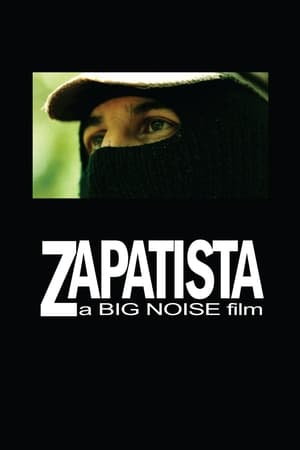 5.2
5.2Zapatista(en)
"Zapatista" is the definitive look at the uprising in Chiapas. It is the story of a Mayan peasant rebellion armed with sticks and their word against a first world military. It is the story of a global movement that has fought 175,000 federal troops to a stand still and transformed Mexican and international political culture forever.
Permaculture Soils(en)
We’ve all seen environmental problems highlighted everyday on the media. Now comes the solution. From the man who said, “You can solve all the world’s problems in a garden” comes Geoff Lawton’s Permaculture Soils DVD. 137 minutes of Permaculture soil creation strategies that really work! Even if you have never built a garden or got your hands dirty before, you will learn the secrets of real soil creation – partnering with the life in the Soil! Geoff will take you through every step of the process and explain in detail how to do it yourself. From Compost creation to larger Kitchen Gardens and then to broad acre farming – this is the future of biological agriculture.
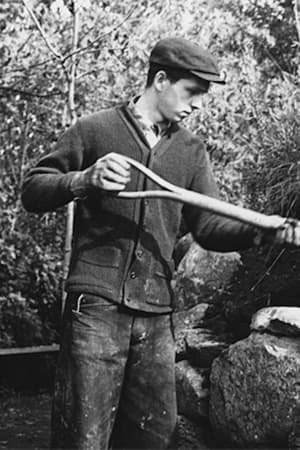 0.0
0.0New Home in the West(en)
This short film traces the journey of the first Ukrainian settlers in Canada. Seeking freedom and opportunity, they came here and became instrumental in helping to open the Canadian West. Though they had little in the way of money or machinery, they had courage and faith in the future and were willing to put in the hard work. Every member of the family helped in the struggle, and in time, their efforts paid off.
 0.0
0.0How We Live(es)
In California’s Central Valley, tucked between the county jail and the shooting range, 100 Mexican-American farmworking families live, love and strive at the Artesi II Migrant Family Housing Center. Until every December, that is, when they’re asked to leave.
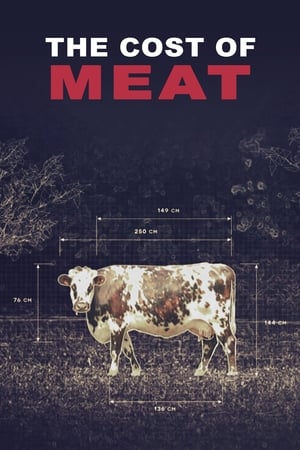 7.8
7.8Production Line Animals(fr)
How did it come about that we no longer see living beings in farm animals, but objects? Every year, 70 billion farm animals are slaughtered for consumption around the world. 80 percent are kept on large farms. They live crammed together in overcrowded stables, are fattened and finally slaughtered without ever having been in nature. In less than two generations, intensive husbandry has become established worldwide. Researches in Poland, the USA, Germany and Vietnam gets to the bottom of the system and those responsible. The meat industry is subsidized by the state. Corporations, governments and consumers tacitly support a deregulated and dehumanized economic system that makes unlimited consumption of animal products the norm - and with it, animal cruelty. The documentary film describes the triumph of industrial agriculture, in which the animal has to endure unimaginable suffering, becomes a commodity, a raw material that is always available and can be slaughtered and processed at will.
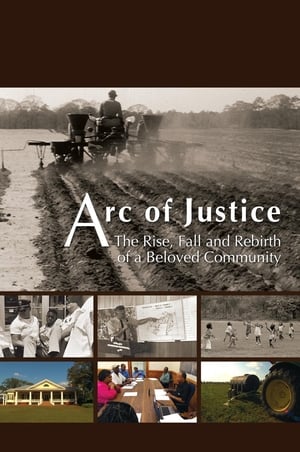 0.0
0.0Arc of Justice(en)
ARC OF JUSTICE traces the remarkable journey of New Communities, Inc. and the struggle for racial justice and economic empowerment among African Americans in southwest Georgia.
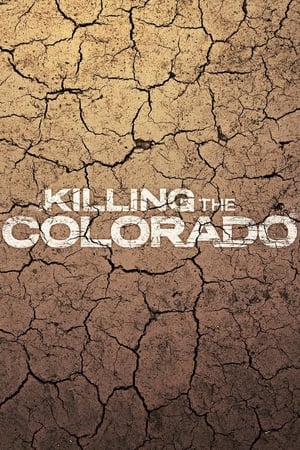 6.0
6.0Killing the Colorado(en)
The drought in the American West is predicted to be the worst in 1,000 years. Join five Academy Award-winning filmmakers as they explore the environmental crisis of our time and how to fix it before it's too late.
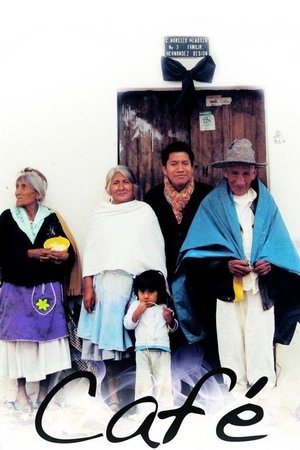 5.0
5.0Café(es)
In the town of San Miguel Tzinacapan, in Puebla’s Nahua Mountain Range, a family lost its father. His absence transforms the lives of those who were so deeply connected to him. Tere, now in charge of the family, must make money by selling crafts. Jorge is about to finish school and will soon have to choose his own path. Chayo, 16, must make an important decision. A year has passed, and the members of the family have been able to redefine themselves, finding their own destiny while always venerating their father’s memory.
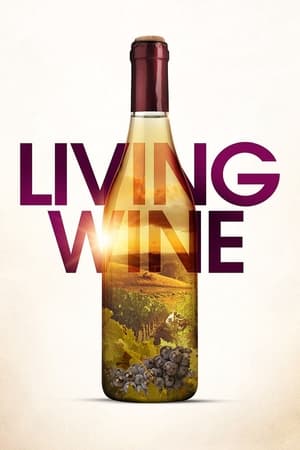 0.0
0.0Living Wine(en)
Merging sweeping wine country footage with insightful interviews, filmmaker Lori Miller showcases the dynamic natural wine movement that is transforming a growing number of Northern California vineyards.
